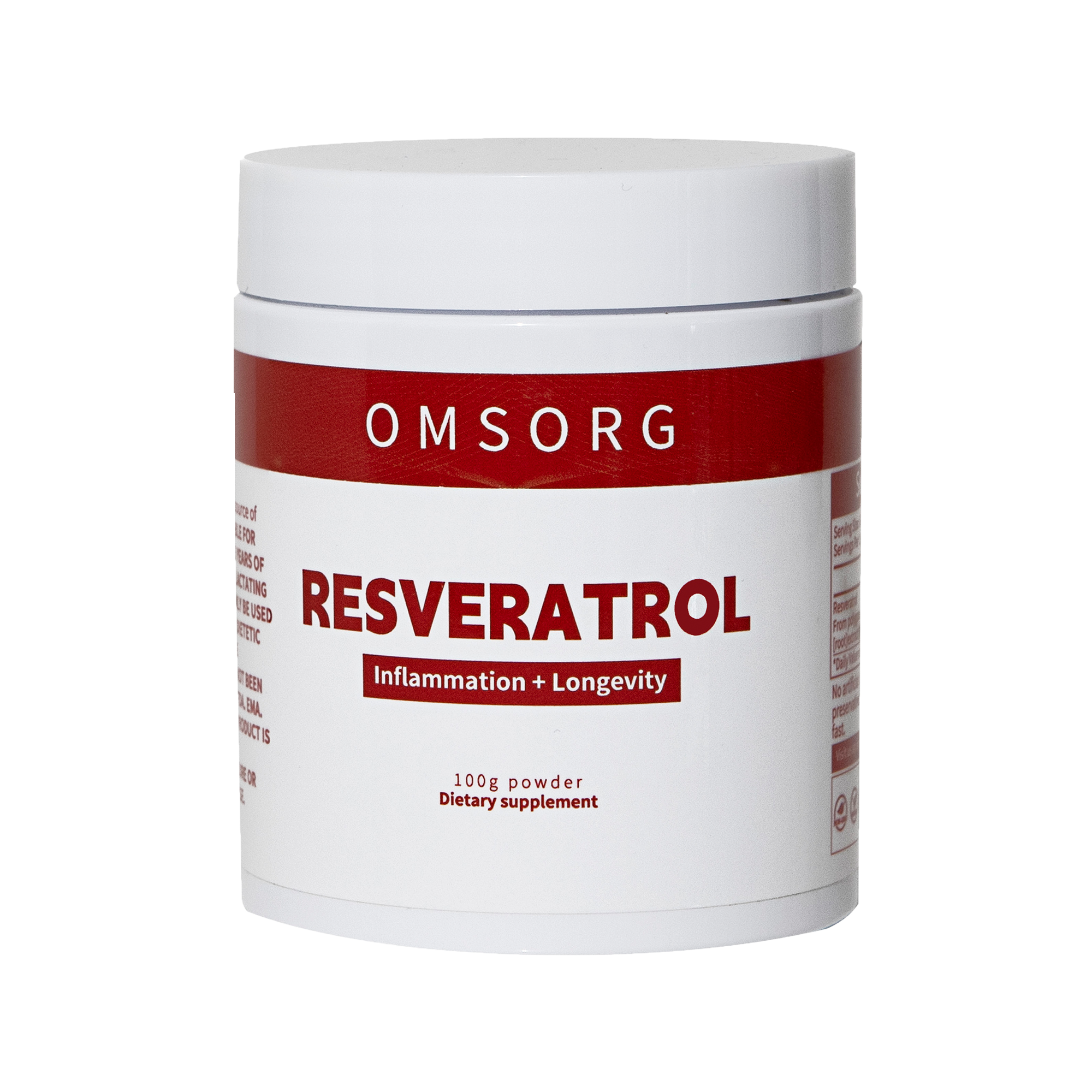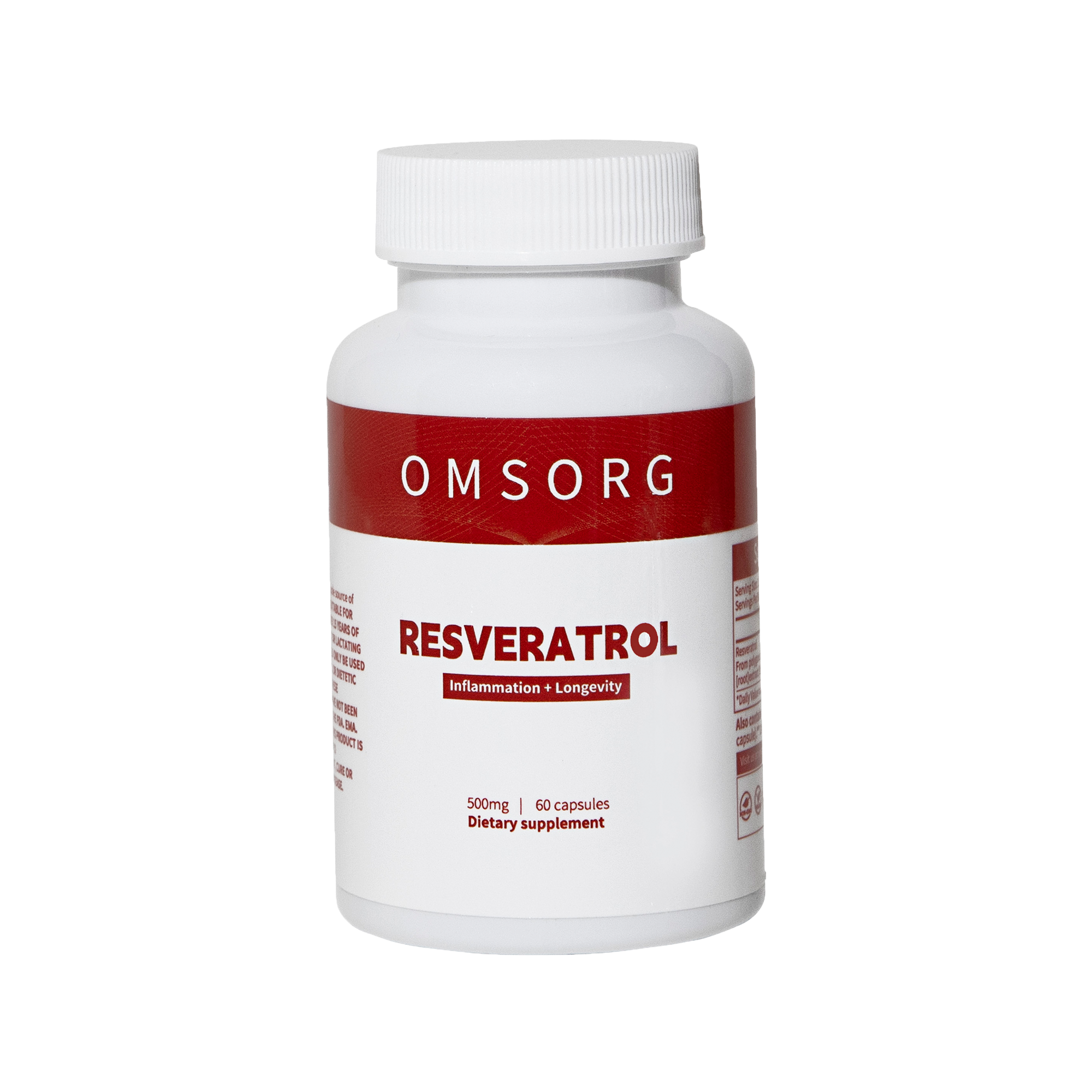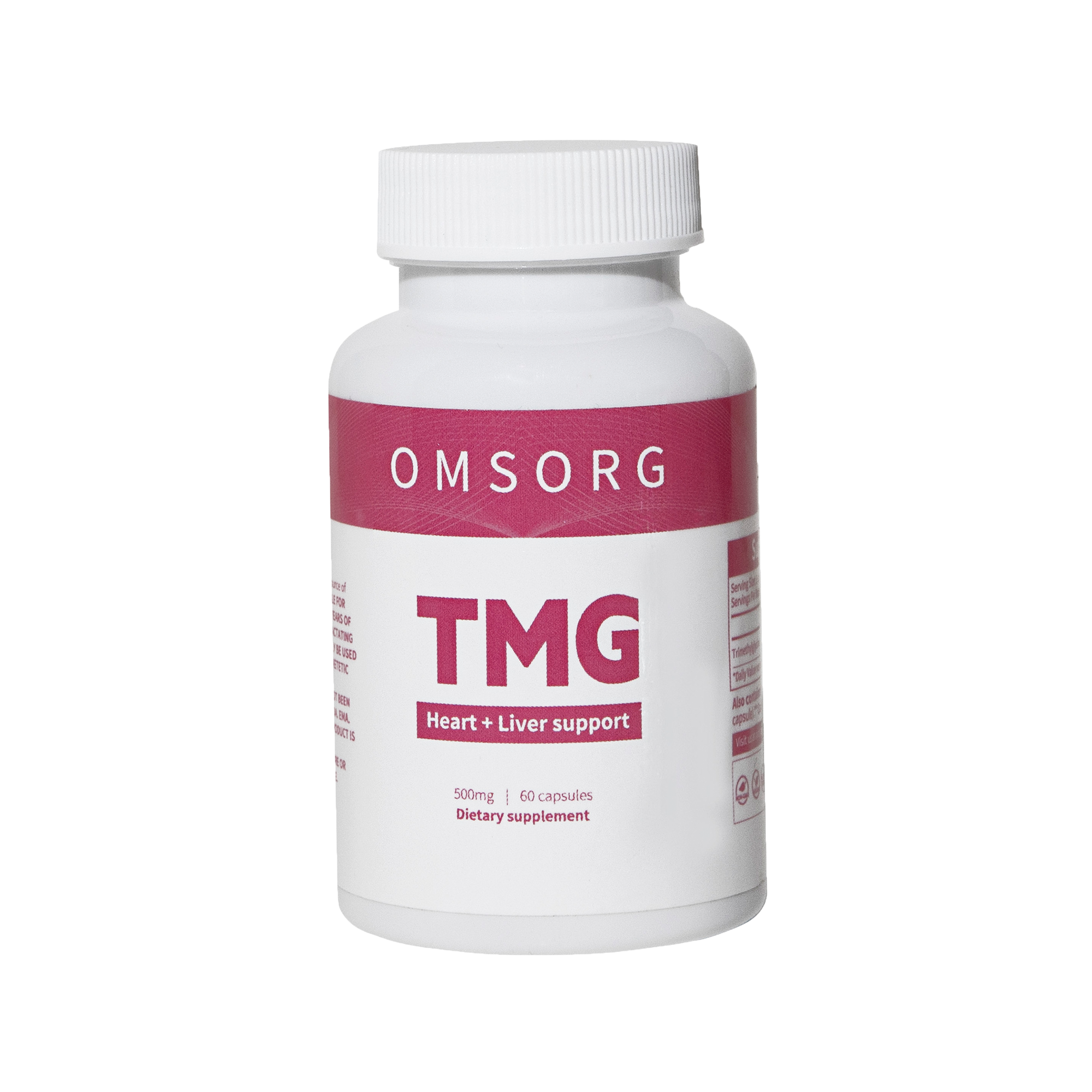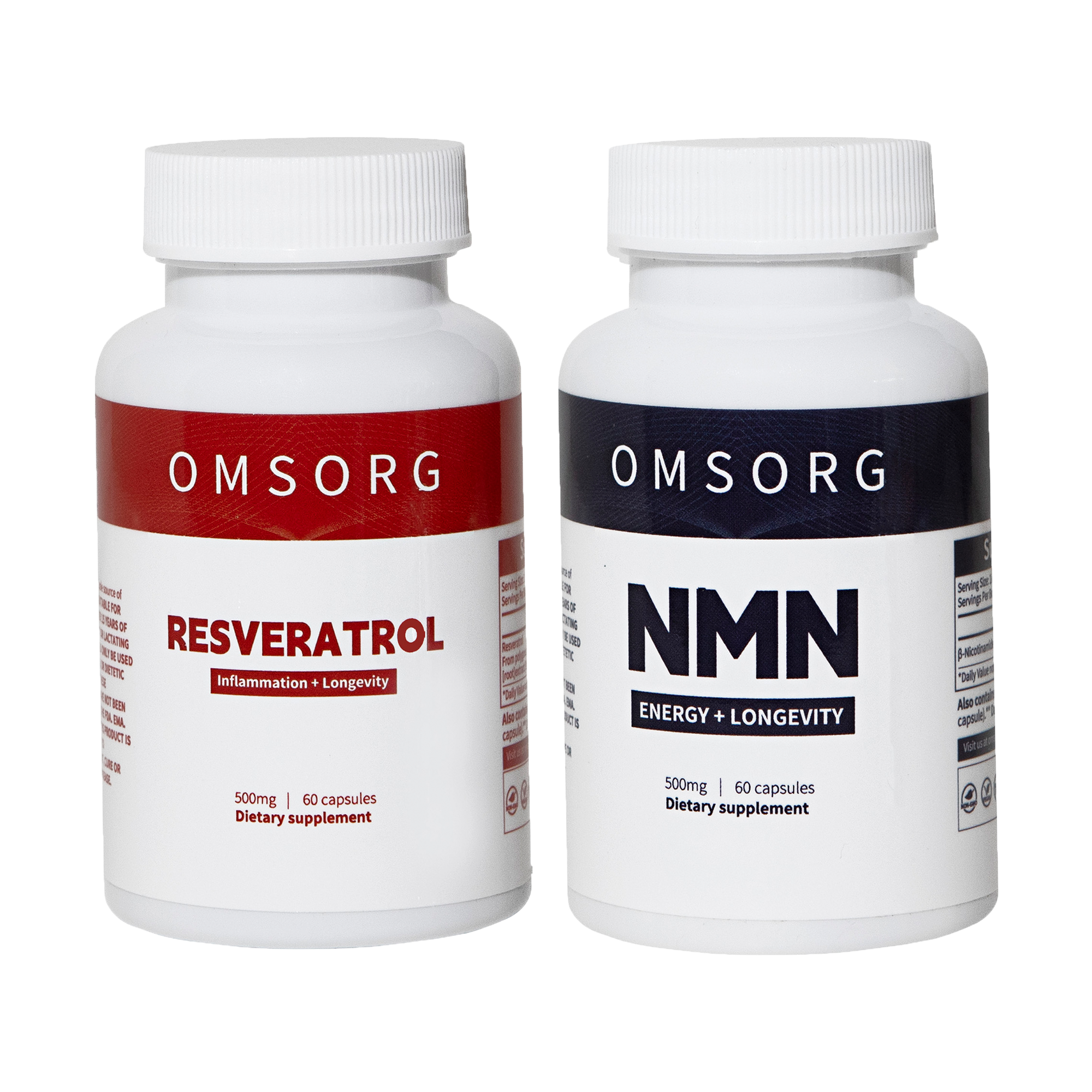
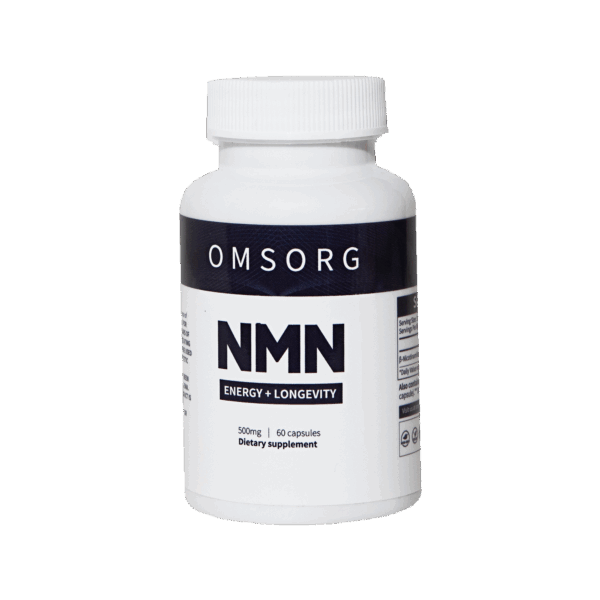
Reducing the Risk of Dementia and Alzheimer's Disease

Promoting Brain Health Through Lifestyle Choices
Dementia and Alzheimer’s disease are debilitating conditions that affect millions of people worldwide. Dementia is a general term for a decline in cognitive function severe enough to interfere with daily life, including memory loss, impaired reasoning, and changes in behavior. Alzheimer’s disease is the most common type of dementia and is characterized by progressive memory loss and cognitive decline due to the buildup of amyloid plaques and tau tangles in the brain (Alzheimer’s Association, 2025).
While there is no cure for these diseases, there are several proactive measures that individuals can take to reduce their risk and promote brain health. This document explores various lifestyle choices and strategies that have been shown to mitigate the risk of developing dementia and Alzheimer’s disease.
Physical Activity
Regular physical exercise is one of the most effective ways to maintain brain health and reduce the risk of dementia and Alzheimer’s disease. Engaging in activities such as walking, swimming, cycling, or dancing can improve cardiovascular health, increase blood flow to the brain, and stimulate the growth of new neurons (World Health Organization, 2023). Aim for at least 150 minutes of moderate-intensity exercise per week to reap the cognitive benefits (American Heart Association, 2024).
Mental Stimulation
Keeping the brain active and engaged is crucial for preventing cognitive decline. Participate in activities that challenge the brain, such as reading, solving puzzles, playing musical instruments, learning new skills, or engaging in intellectually stimulating conversations. These activities help build cognitive reserve and enhance brain plasticity (National Institute on Aging, 2023).
Healthy Diet
A nutritious diet plays a vital role in supporting brain health. Consuming a balanced diet rich in antioxidants, vitamins, and minerals can help protect the brain from oxidative stress and inflammation. The Mediterranean diet, which emphasizes fruits, vegetables, whole grains, nuts, seeds, legumes, fish, and olive oil, has been linked to a lower risk of dementia (Harvard School of Public Health, 2023). Avoiding processed foods and excessive sugar intake is also recommended (Mayo Clinic, 2024).
Social Connections
Maintaining strong social connections and engaging in social activities can enhance cognitive function and reduce the risk of dementia. Loneliness and social isolation are associated with an increased risk of cognitive decline. Spend time with family and friends, participate in community events, and consider joining clubs or groups that align with your interests (Centers for Disease Control and Prevention, 2023).
Quality Sleep
Prioritizing good sleep hygiene is critical for brain health. Sleep is essential for memory consolidation and clearing toxins from the brain. Establish a regular sleep routine, create a restful sleep environment, and aim for 7-9 hours of sleep per night. Avoid caffeine and electronic devices before bedtime to improve sleep quality (Sleep Foundation, 2024).
Stress Management
Chronic stress can negatively impact brain health and increase the risk of dementia. Practicing mindfulness, meditation, and relaxation techniques can help reduce stress and promote a sense of calm. Engaging in activities that bring joy and fulfillment, such as hobbies and spending time in nature, can also alleviate stress (American Psychological Association, 2023).
Regular Health Check-ups
Regular medical check-ups can help detect and manage risk factors associated with dementia and Alzheimer’s disease, such as high blood pressure, diabetes, and obesity. Managing these conditions through medication, lifestyle changes, and monitoring can significantly reduce the risk of cognitive decline (National Institutes of Health, 2023).
Preventive Measures for Brain Injuries
Avoiding brain injuries is essential for reducing the risk of dementia. Wear seatbelts, helmets, and take precautions to prevent falls. Protecting the brain from physical trauma can prevent damage that may lead to cognitive decline (Brain Injury Association of America, 2023).
Limiting Alcohol and Avoiding Smoking
Excessive alcohol consumption and smoking are known to increase the risk of dementia. Limiting alcohol intake to moderate levels and avoiding smoking can help protect brain health. Seek support to quit smoking if needed, as the benefits to cognitive health are substantial (National Institute on Alcohol Abuse and Alcoholism, 2023).
Learning and Education
Continuously engaging in learning and educational activities can help maintain cognitive function. Lifelong learning stimulates the brain and can delay the onset of dementia. Consider enrolling in courses, attending workshops, or self-study on topics that interest you (Journal of Alzheimer’s Disease, 2024).
Maintaining a Healthy Weight
Obesity is a risk factor for dementia and Alzheimer’s disease. Maintaining a healthy weight through a balanced diet and regular exercise can help reduce this risk. Focus on nutrient-dense foods and monitor portion sizes to support overall health (Obesity Society, 2024).
Managing Chronic Conditions
Conditions such as hypertension, diabetes, and high cholesterol are linked to an increased risk of dementia. Managing these conditions through medication, lifestyle changes, and regular check-ups can help protect brain health (American Diabetes Association, 2023).
Environmental Factors
Exposure to pollution and toxins can negatively impact brain health. Reduce exposure to harmful substances by avoiding areas with high pollution, using natural cleaning products, and staying informed about environmental hazards (Environmental Protection Agency, 2023).
Conclusion
Reducing the risk of dementia and Alzheimer’s disease requires a comprehensive approach that involves physical, mental, and emotional well-being. By adopting healthy lifestyle choices, engaging in regular physical activity, maintaining a nutritious diet, fostering social connections, prioritizing quality sleep, managing stress, and taking preventive measures, individuals can significantly lower their risk of cognitive decline. While there is no guaranteed way to prevent these diseases, these strategies can promote brain health and enhance overall quality of life. Taking proactive steps now can pave the way for a longer, healthier, and more vibrant existence.

